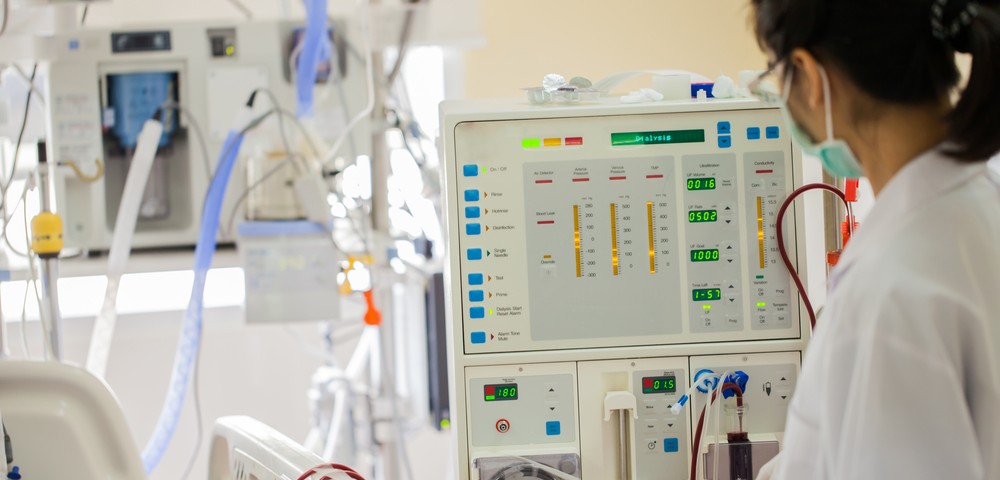Johns Hopkins University, Tufts Medical Center and Metabolon are collaborating to develop an upgraded diagnostic test for glomerular filtration rate (GFR), called accuGFR, that will help diagnose chronic kidney disease (CKD).
Specialists from the three institutes aim to produce accuGFR as a more precise and accurate test using a single, fasted blood draw.
In a recent press release, John Ryals, CEO at Metabolon, said the company is working with top kidney experts Dr. Andrew Levy, of Tufts; and Dr. Josef Coresh, of John Hopkins.
“As recognized authorities in medical practice, epidemiology and outcomes related to chronic kidney disease, they will provide invaluable clinical insight throughout the process. They have also agreed to use large, well-characterized and diverse patient cohorts to develop and validate the test and support its progress through additional clinical studies,” Ryals said.
Glomerular filtration rate (GRF) is the best estimate of kidney function, but getting precisely measured GFR (mGFR) is a difficult, invasive and costly procedure that requires continuous intravenous infusion of a kidney filtration marker and numerous, accurately timed collections of urine and blood. Although mGFR is currently the gold standard estimate for kidney function, its complexity is not practical for regular clinical practice.
In clinical practice, GFR is named estimated (eGFR) and is measured using creatinine as a kidney filtration marker. It is an easy but largely inaccurate method. Only two-thirds of eGFR results within 20% of the needed mGFR, which can often result in misdiagnosis.
Using applied metabolomics, Metabolon and collaborators are developing and clinically validating accuGFR as a laboratory-developed test, based on the gold standard mGFR. It is under development as for the quantitative determination of glomerular filtration rate (GFR) in serum and plasma patient samples.

